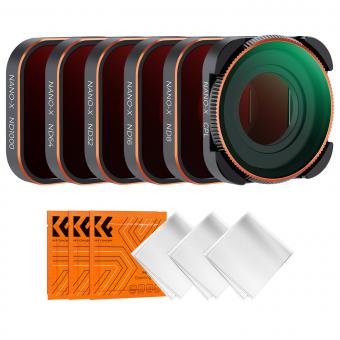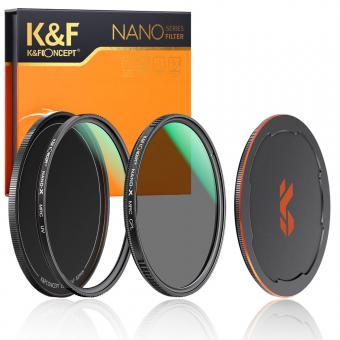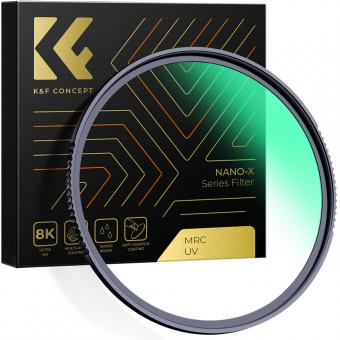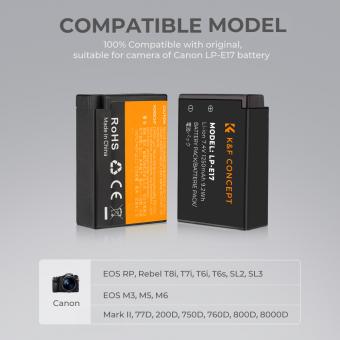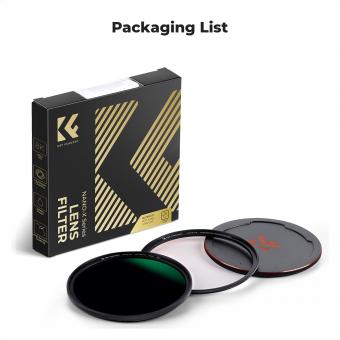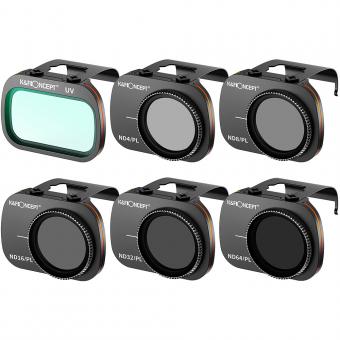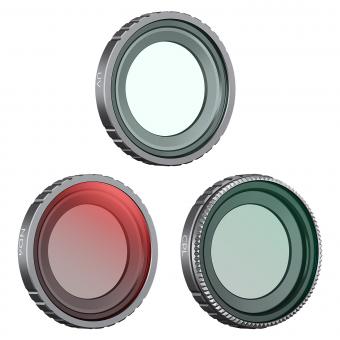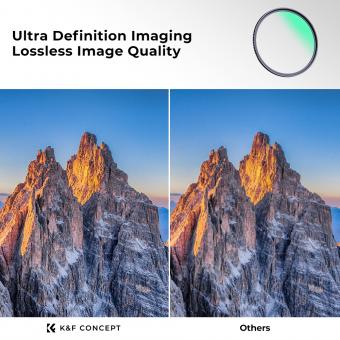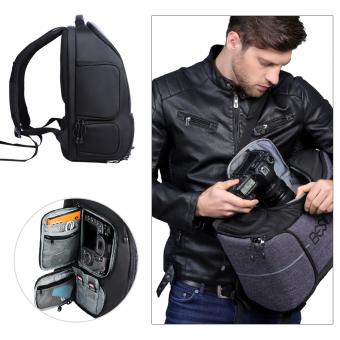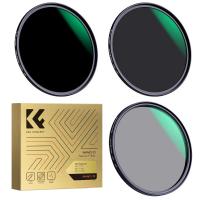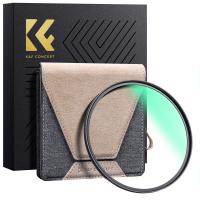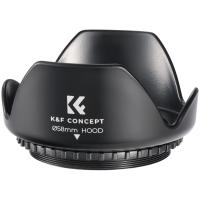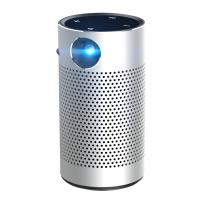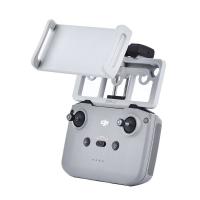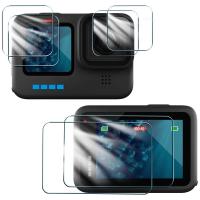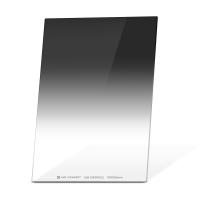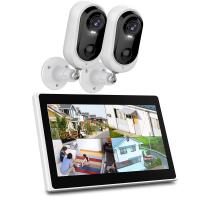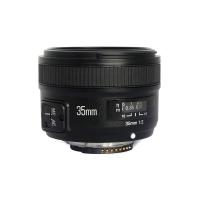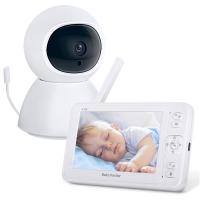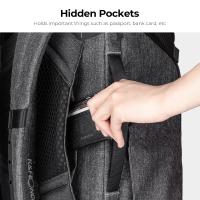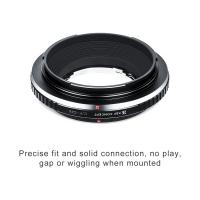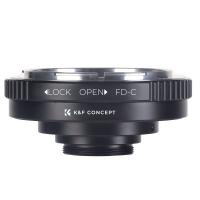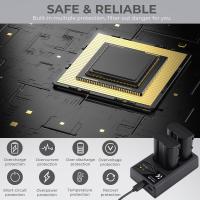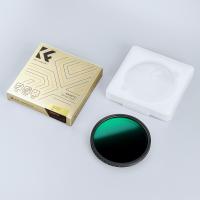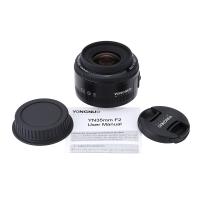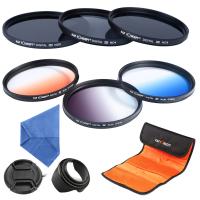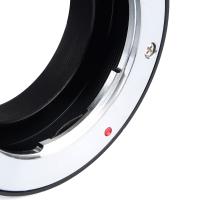What Is Uv Filter In Camera ?
A UV filter is a type of camera filter that is designed to block ultraviolet light from entering the camera lens. Ultraviolet light can cause a hazy or bluish cast in photographs, especially in outdoor settings, and can also cause damage to the camera's sensor over time. UV filters are typically made of clear glass or plastic and are screwed onto the front of the camera lens. They are commonly used by photographers to protect their lenses from scratches, dust, and other debris, as well as to improve the overall clarity and sharpness of their images. While some photographers argue that UV filters can degrade image quality, many others consider them to be an essential accessory for any camera kit.
1、 Definition of UV filter in photography
What is UV filter in camera?
A UV filter is a type of camera filter that is designed to block ultraviolet light from entering the camera lens. Ultraviolet light can cause a hazy or bluish cast in photographs, especially in outdoor settings. A UV filter helps to reduce this effect and produce clearer, sharper images.
UV filters are typically made from a special type of glass that is coated with a thin layer of UV-absorbing material. They are available in a range of sizes to fit different camera lenses and can be easily screwed onto the front of the lens.
In addition to reducing the effects of UV light, UV filters can also provide some protection for the camera lens. They can help to prevent scratches, dust, and other debris from damaging the lens surface.
However, some photographers argue that UV filters are not necessary and can actually reduce image quality by introducing additional reflections and flare. Others argue that the benefits of using a UV filter outweigh any potential drawbacks.
Ultimately, the decision to use a UV filter is a personal one and depends on the individual photographer's preferences and shooting conditions.
2、 Benefits of using a UV filter
What is UV filter in camera?
A UV filter is a type of camera filter that is designed to block ultraviolet light from entering the camera lens. Ultraviolet light can cause a hazy or bluish cast in photographs, especially in outdoor settings. A UV filter helps to reduce this effect and produce clearer, sharper images.
Benefits of using a UV filter:
1. Protection: One of the primary benefits of using a UV filter is that it provides protection for your camera lens. The filter acts as a barrier, preventing dust, dirt, and other debris from coming into contact with the lens. This can help to extend the life of your lens and prevent scratches or other damage.
2. Improved image quality: By blocking ultraviolet light, a UV filter can help to improve the overall quality of your images. This is especially true when shooting in bright sunlight or other high-UV environments. The filter can help to reduce haze and improve contrast, resulting in sharper, more vibrant images.
3. Versatility: UV filters are versatile and can be used in a variety of different shooting situations. They are particularly useful for landscape and outdoor photography, but can also be used for portraits, sports, and other types of photography.
4. Cost-effective: UV filters are relatively inexpensive compared to other types of camera filters. This makes them a cost-effective way to improve the quality of your images and protect your camera lens.
5. Latest point of view: Some photographers argue that with modern digital cameras, the benefits of using a UV filter are no longer as significant as they once were. However, others still swear by them and believe that they can make a noticeable difference in image quality. Ultimately, the decision to use a UV filter will depend on your personal preferences and shooting style.
3、 Types of UV filters available in the market
What is UV filter in camera?
A UV filter is a type of camera filter that is designed to block ultraviolet light from entering the camera lens. Ultraviolet light can cause a hazy or bluish cast in photographs, especially in outdoor settings. A UV filter helps to reduce this effect and produce clearer, sharper images.
Types of UV filters available in the market:
1. Standard UV filter: This is the most common type of UV filter and is designed to block UV light while allowing visible light to pass through. It is a clear filter that does not affect the color or contrast of the image.
2. Multi-coated UV filter: This type of filter has multiple layers of coating that help to reduce reflections and glare. It also provides better protection against scratches and dust.
3. Slim UV filter: This filter is designed to be thinner than standard filters, which reduces the risk of vignetting (darkening of the corners of the image). It is a good option for wide-angle lenses.
4. UV/IR cut filter: This filter not only blocks UV light but also infrared light, which can cause color shifts in images. It is a good option for digital cameras that are sensitive to infrared light.
5. Variable ND/UV filter: This filter combines a UV filter with a variable neutral density filter, which allows you to adjust the amount of light entering the lens. It is a good option for outdoor photography where you need to control the amount of light entering the camera.
In recent years, there has been some debate about the necessity of using a UV filter, as many modern camera lenses are already coated to reduce the effects of UV light. However, many photographers still prefer to use a UV filter as an extra layer of protection for their lenses.
4、 How to choose the right UV filter for your camera
What is UV filter in camera?
A UV filter is a transparent filter that is placed on the front of a camera lens to protect it from scratches, dust, and other damage. It also helps to reduce the amount of ultraviolet light that enters the lens, which can cause haze and reduce image clarity.
UV filters are particularly useful when shooting in bright sunlight or at high altitudes, where the amount of UV light is higher. They are also commonly used in landscape photography to enhance the colors and contrast of the scene.
How to choose the right UV filter for your camera?
When choosing a UV filter for your camera, there are a few things to consider. First, make sure that the filter is the correct size for your lens. You can usually find this information on the lens itself or in the camera manual.
Next, consider the quality of the filter. Cheaper filters may be made from lower quality materials that can affect image quality. Look for filters made from high-quality glass or resin, and consider investing in a multi-coated filter, which will reduce reflections and improve image clarity.
Finally, consider the brand of the filter. While there are many third-party filters available, it is often worth investing in a filter from a reputable brand such as B+W, Hoya, or Tiffen.
In recent years, there has been some debate about the necessity of UV filters, with some photographers arguing that they can actually reduce image quality. However, many photographers still choose to use them for their protective properties and the added peace of mind they provide. Ultimately, the decision to use a UV filter is a personal one, and will depend on your individual shooting style and preferences.

